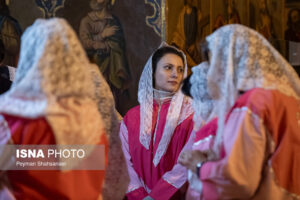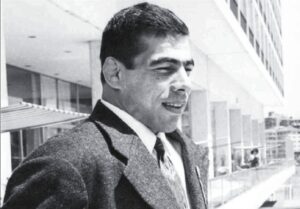She was the daughter of Jabbar Baghcheban, the founder of several educational institutions for children with hearing impairments.
Following in her father’s footsteps, Samineh expanded modern methods of teaching deaf children. She authored numerous books for children and teenagers, including Wooden Bridge and Nowruzha and Kites, which are considered among her best works.
Born in Tabriz, East Azarbaijan Province, Baghcheban not only wrote extensively but also compiled a collection of folk songs in sign language, publishing them in books and videos. She also translated children’s books into sign language to make them accessible for those with hearing difficulties.
After earning her degree in English language and literature, Samineh received a grant to study at an American university. She specialized in the education of deaf individuals, and upon returning to Iran, began teaching at a school for the deaf.
She later obtained her master’s degree from Columbia University, where she continued her studies in speech therapy. Returning once more to Iran, she was appointed to establish training courses for first-grade teachers. She also wrote a book entitled Methods of Teaching, based on her father’s approach, which was later used in Afghanistan and Tajikistan.
Following her father’s death, Samineh assumed leadership of the Baghcheban Institute and was later appointed principal of the Educational Institute for the Deaf.
Throughout her life, Samineh Baghcheban played an influential role in improving the lives of deaf individuals. Her dedication and contributions will be long remembered.







